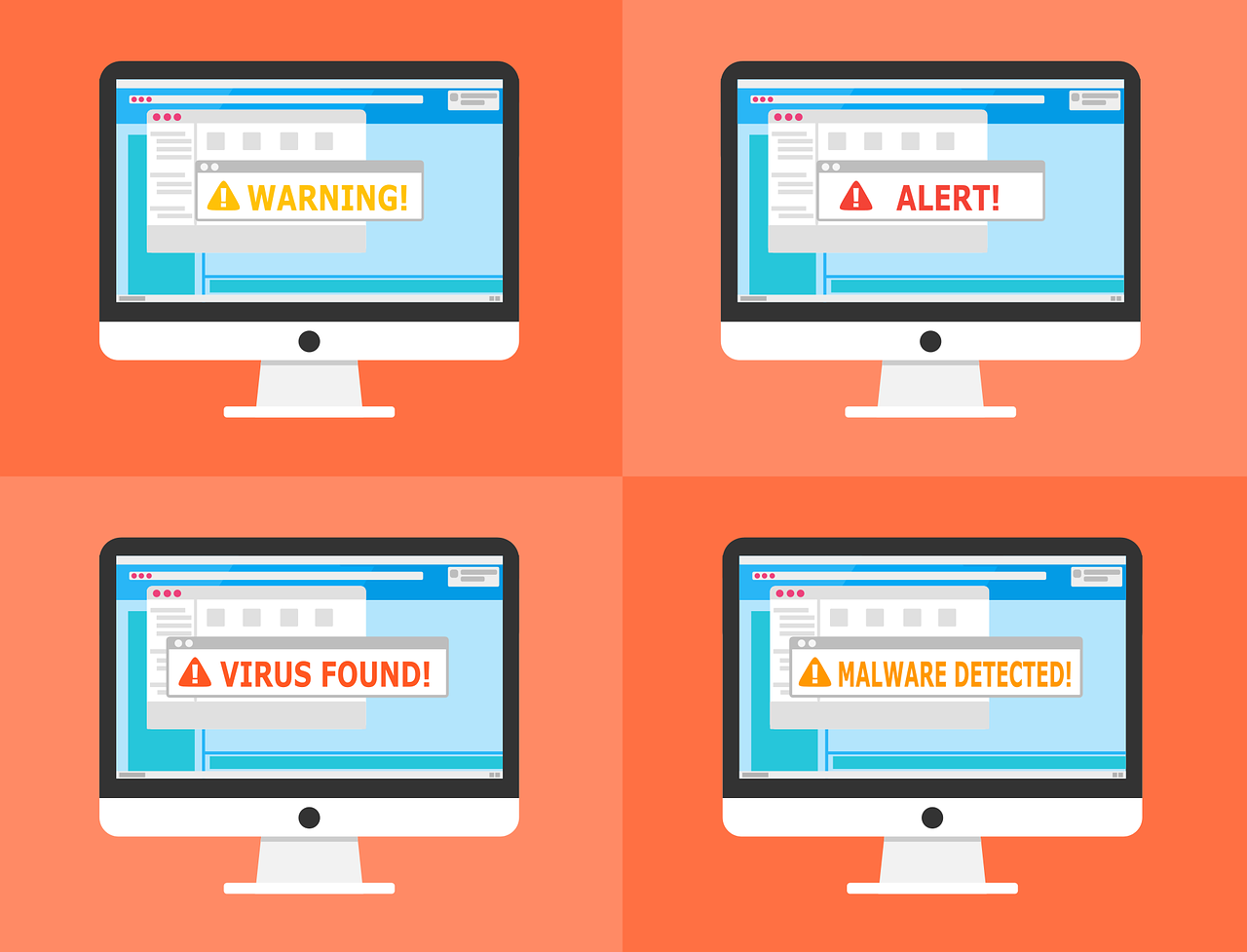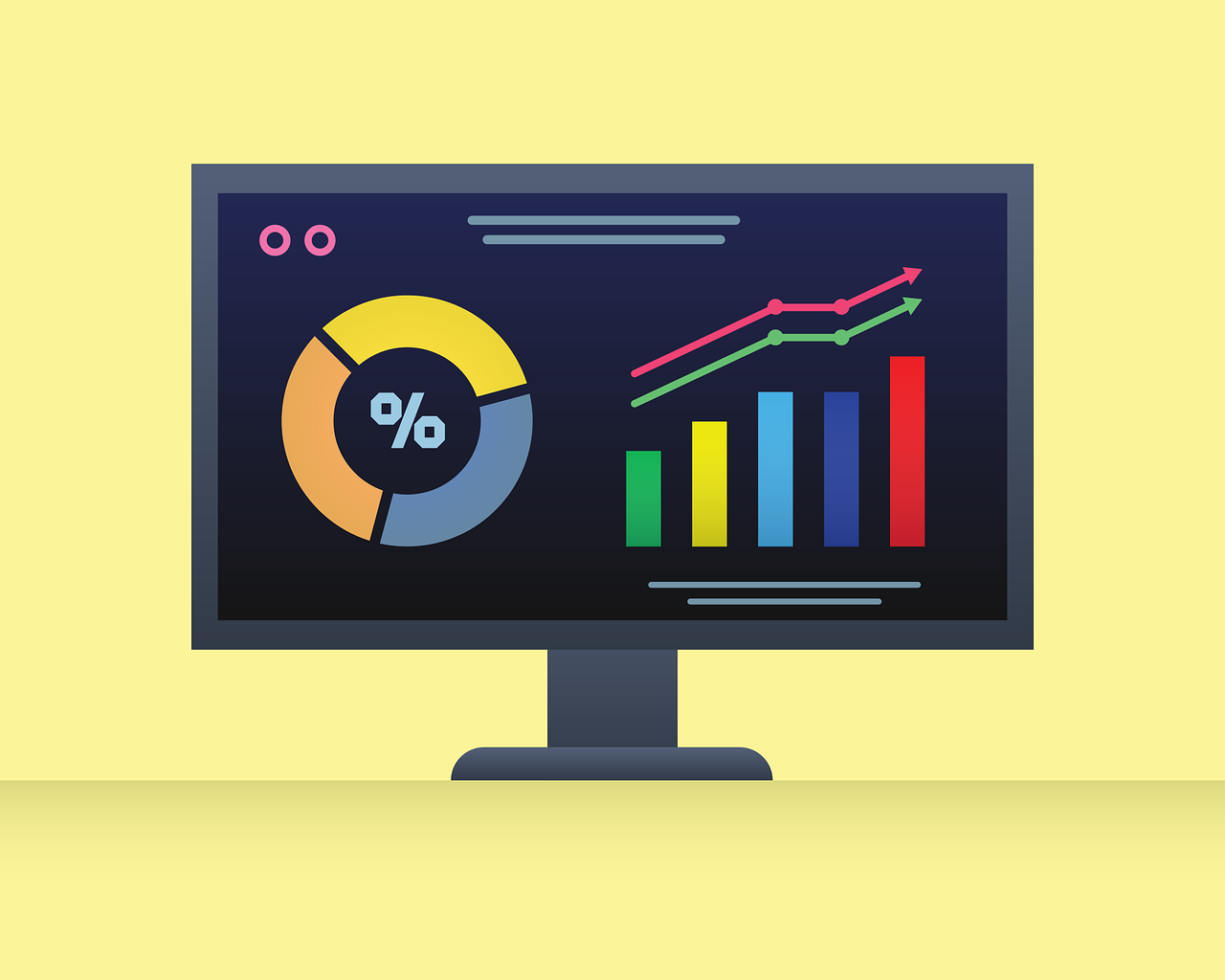4 minute read
Last year, the average number of data breaches and cyberattacks worldwide increased by around 15% from 2020 and by 2025, cybercrime will cost businesses roughly $10.5 trillion. As TechTarget reported, there are plenty more concerning statistics regarding cybercrime to consider, too. The rising concern over future cybersecurity threats isn’t a strictly “on paper” problem, either. Already there have been dozens of cyberattacks in the first six months of 2022. That includes the January 17 attack on Crypto dot com, one of the largest cryptocurrency exchange companies in the world. The hackers stole $14 million of Ethereum and $18 million of Bitcoin from almost 500 crypto wallets on the site after evading Crypto dot com’s two-factor authentication.
The rising concerns over the future of cybercrime have resulted in many societal and online changes. For example, we now have entire research centres dedicated to the problem, such as the new facility that opened this summer at Abertay University in Dundee, Scotland. Many people (though certainly not enough) also practice good cybersecurity etiquette, such as using strong passwords that cannot easily be guessed. According to this ExpressVPN article and infographic, people create strong passwords by ensuring they are long, random, and unique. In other words, the best passwords are between 12-15 characters, random strings of meaningless letters and symbols, and different for different accounts and websites.
However, as we can see from the figures above, cybercrime is still finding ways to devastate people and businesses, despite companies, governments, and regular people increasing the number of privacy and security settings they have in place. Fortunately, that’s where technology comes in: to help us in ways research and clever passwords can’t. Some of the most revolutionary technologies improving the safety and security of the online world include user behaviour analytics, anti-malware software, and internet filter software. We’re going to explore these three technologies in more detail.
User Behaviour Analytics
The concept of user behaviour analytics is one of the latest advancements in the cybersecurity industry. It’s all about data analytics and detecting targeted attacks, financial fraud, and insider threats. User behaviour analytics also looks at patterns of human behaviour and uses data analytics to identify atypical users. As HubSpot reminds us, user behaviour analytics was created to help marketing companies predict and understand consumer-buying patterns. However, over the years, people realised that user behaviour analytics also has immense benefits in the cybersecurity market.
Anti-Malware Software
The first known computer virus didn’t appear until the 1970s, which is also when the rise of anti-malware software began. Today, anti-malware software (used to detect, prevent, and remove dangerous malware like worms and Trojan horses) has become much more advanced through new technological innovations. There are also dozens of variations and alternatives to anti-malware software. For example, people can now conduct periodic online scanning through antivirus vendors that have websites with this capability. Online scanning is important because computer antivirus applications can be slow to catch impending threats.
Internet Filter Software
Cybercrime is much more than just malicious malware attacks. Cyberbullying is one of the many consequences of cybercrime, which is why internet filter software technology is so important. Internet filters are used to block access to certain websites, but also through filtering technology, social media platforms like Instagram allow people to block particular words or phrases from showing up. You may not be able to stop the bullies, but you can tune them out.
The world is adjusting to meet the rising concerns of future cybersecurity threats. Everyone is doing their part to put security measures in place, from the government to the regular Instagram account user. However, we also have new technologies like user behaviour analytics and internet filter software helping us in areas that we can’t 100% get to ourselves.






